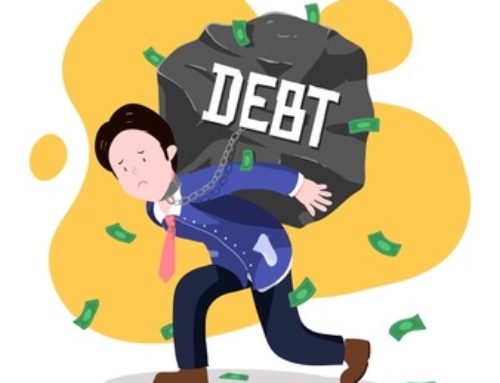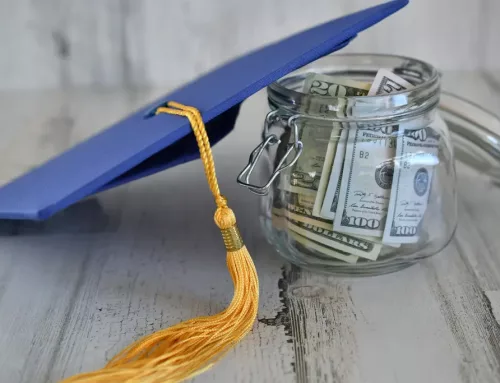Bankruptcies are entered into as a means to relieve debt when the amount incurred is no longer serviceable by the filer’s income. By filing a Chapter 7 or Chapter 13 personal bankruptcy, most residents of Mississippi can receive significant debt relief, with the majority of the filer’s debt written off or restructured to allow for easier payment. One debt type that can rarely be discharged, however, is a version of debt that’s increasingly causing individuals to file for bankruptcies in the first place — student loans.
Carrying a large student loan can have a direct effect on bankruptcy seekers in that they may be defaulting on other bills due to the loan amounts. This default process leads some to seek discharge of other debt simply to handle student loan amounts.
Student loan debt has become an increasing problem throughout the country, with Americans owing an astounding $1 trillion. With a weakened economy, many who would have been able to handle their student debt load are no longer able to. While these loans were once treated as any other form of debt in a bankruptcy, that is no longer the case. In order to dismiss a student loan debt, the filer must show significant hardship and an inability to ever be able to repay the loan.
Residents of Mississippi can attempt a hardship claim when it comes to discharging their student loan debt during the bankruptcy process. Though rarely granted, they still remain an option for an individual whose income cannot meet the payment demands of their loans. Debt relief from other debt held by the filer may be of great help for those holding student loans as well. Removal of this other debt serves to free up the filer’s income, helping the person to fulfill the student loan obligations.




Connect with Us